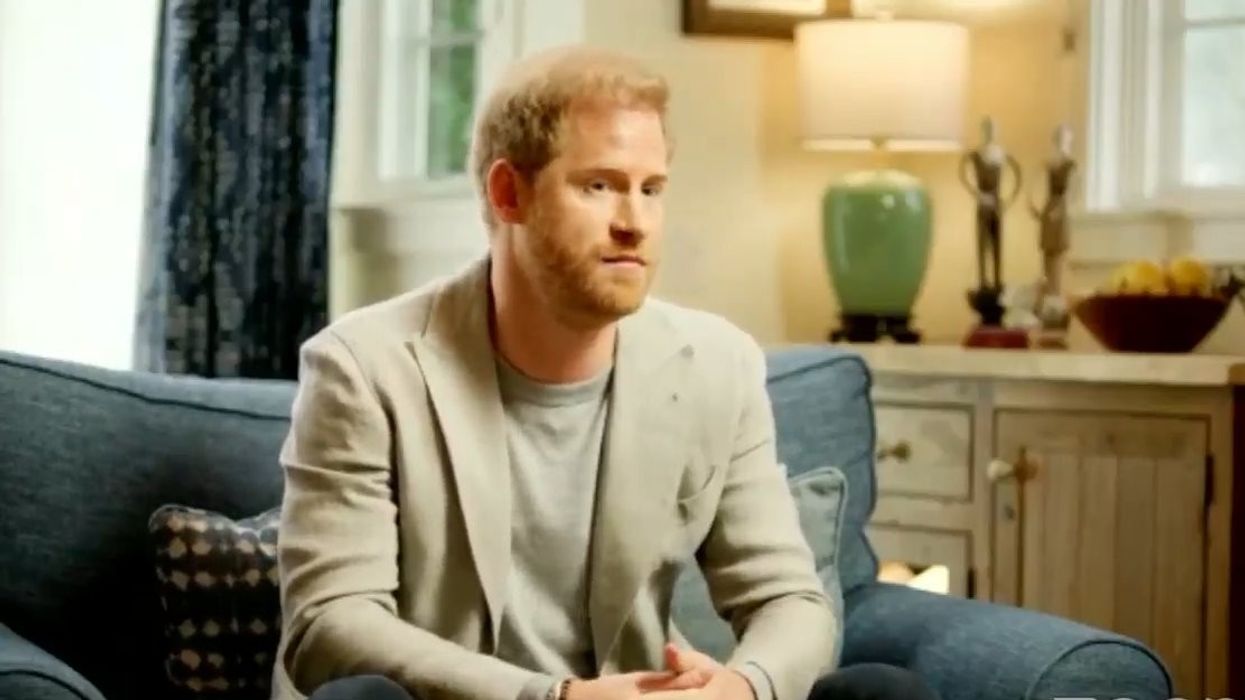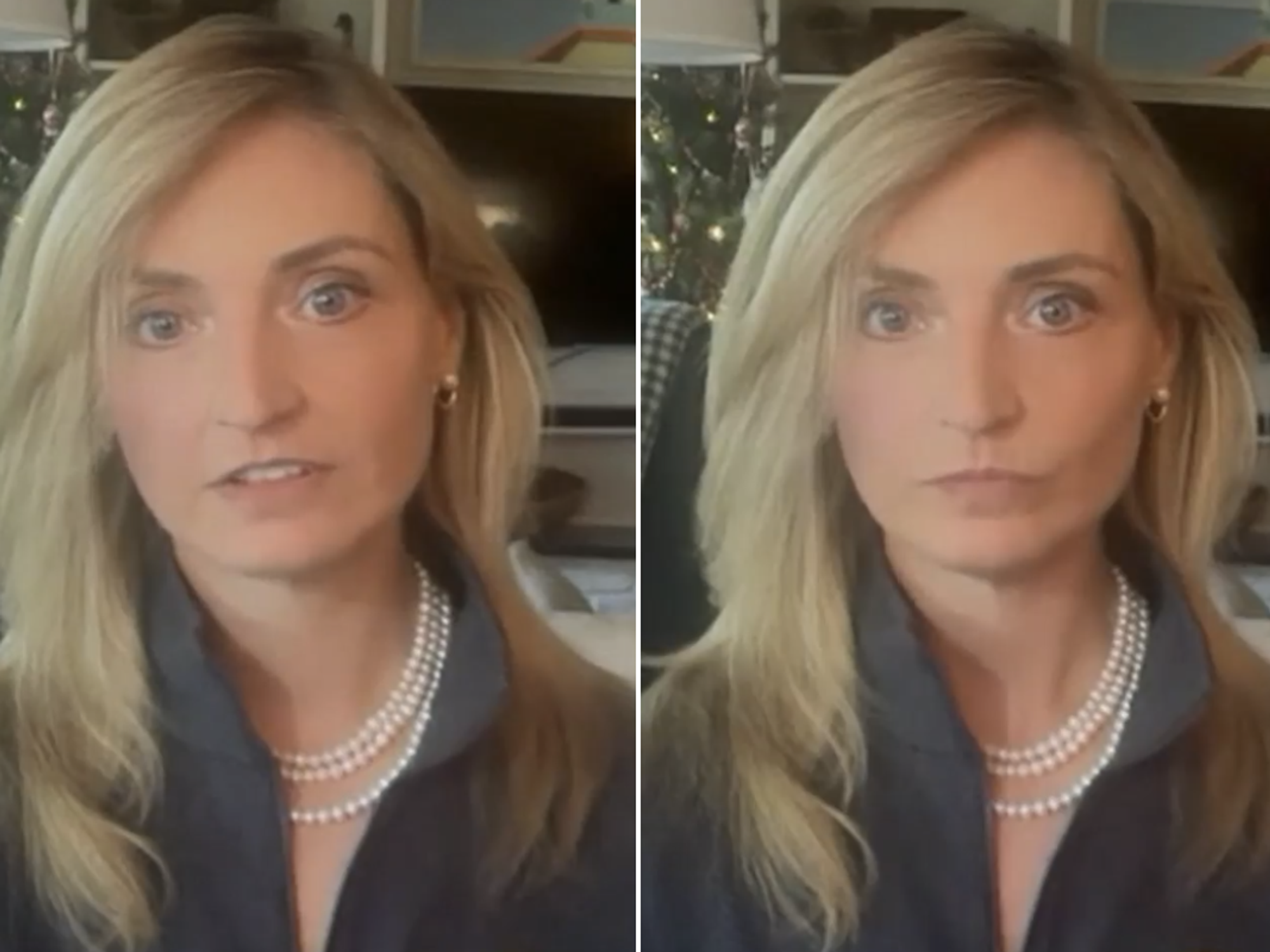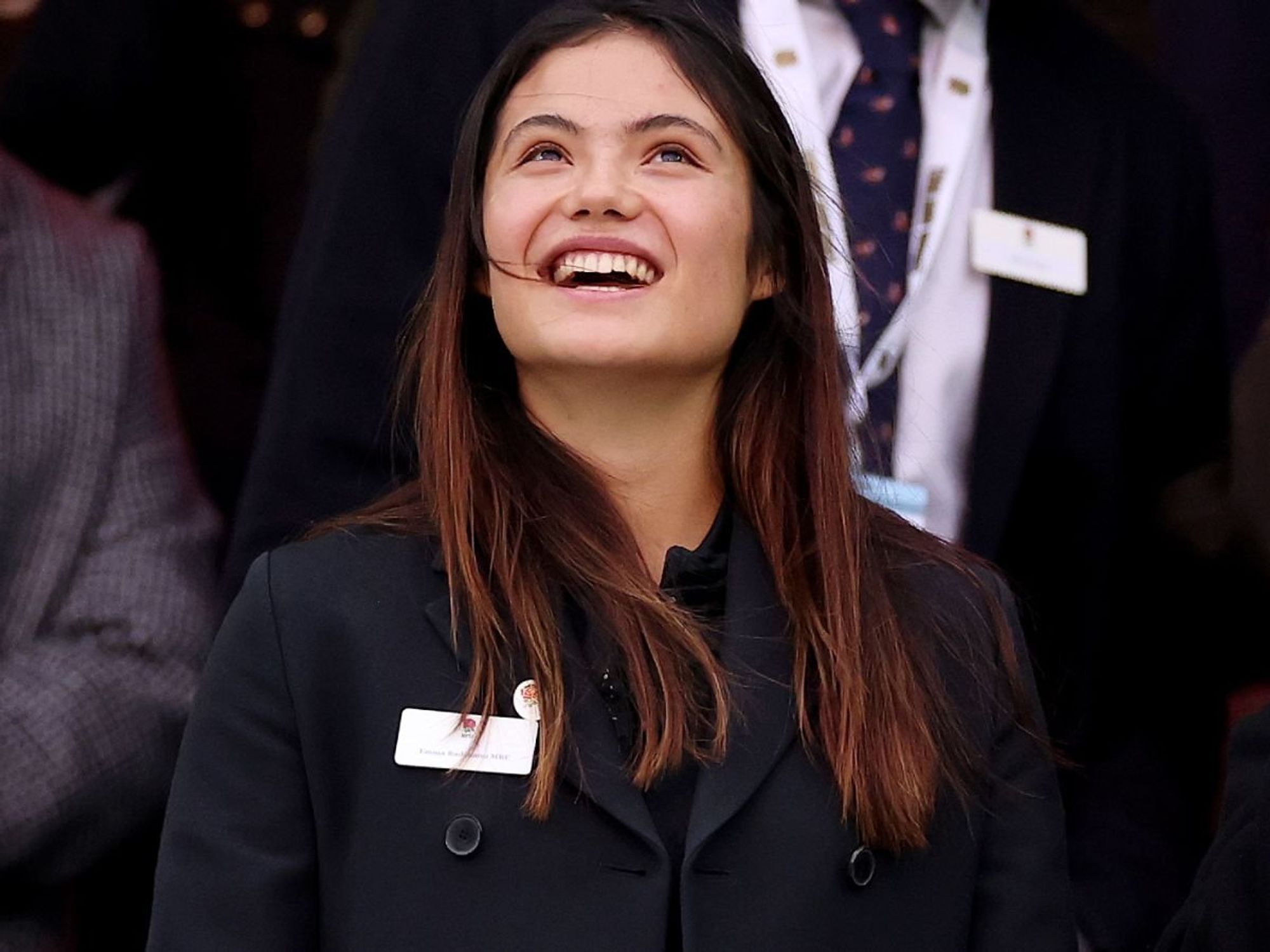Prince Harry diagnosed with new condition in sit down session with therapist

Prince Harry sat down with Hungarian-Canadian physician Dr Gabor Maté
|Penguin Random House

The Duke of Sussex sat down with physician Dr Gabor Maté to discuss living with trauma following his mother's death
Don't Miss
Most Read
Latest
Prince Harry has been diagnosed with Attention Deficit Disorder by a trauma expert in a livestreamed interview.
The Duke of Sussex sat down with Hungarian-Canadian physician Dr Gabor Maté to discuss how therapy and "living with loss and personal healing".
Fans of Harry could pay £17 to watch the Prince discuss toxic trauma about his experiences.
He opened up about his mental health and coming to terms with his mother's death.
Dr Maté said starting therapy "was like bursting a bubble" and had allowed the royal to come to terms with his grief.
He told the Duke: "Reading the book I diagnose you with ADD, I see it as a normal response to normal stress, not a disease."
Harry joked after the diagnosis: "Thanks for the free session."
The therapist added that many of those who had read Harry's autobiography, Spare, were "grateful" for the Duke speaking out about his experiences and sharing his story.

Prince Harry was diagnosed with Attention Deficit Disorder during the sit down
"I definitely don't see myself as a victim", Harry responded. He added that he hoped "sharing my story will help some people out there".
Speaking about living with trauma, he said marijuana “really helped” him mentally.
Harry said cocaine “did nothing” for him but: "Marijuana is different, that actually really did help me."
ADD impacts the concentration of those who live with the condition and are known for often becoming distracted.
Dr Mate wrote a book about the condition in 2019, called "Scattered Minds: The Origin And Healing Of Attention Deficit Disorder".
He says the book is "written from the inside by a doctor who himself has ADD".
Speaking on GB News earlier today, royal biographer Angela Levin said Harryhad made a "big mistake" by speaking to Dr Mate.
She said the therapist had "some very odd ways of helping" people.
Dr Mate has faced controversy in the past for his contentious views on how to treat ADD.










